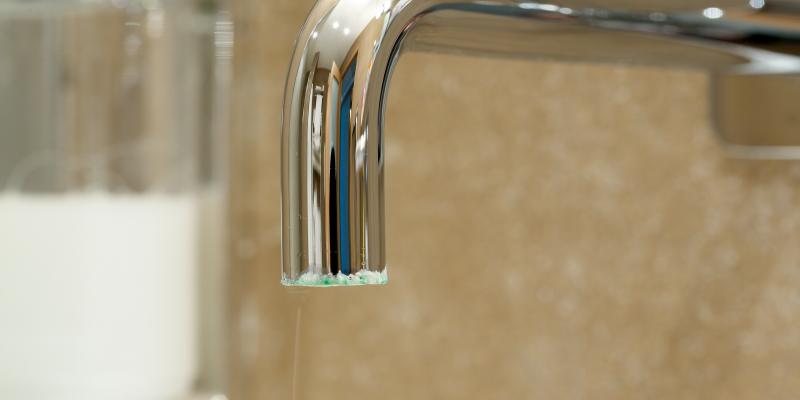Are the Benefits of Hard Water Really Worth It?
10 Aug 2021

Researchers and scientists have studied the differences between soft and hard water, and the impact of water hardness on various aspects of life and society. Soft water barely contains any minerals, such as calcium and magnesium. Potable soft water is primarily sourced from precipitation. However, after the water falls from the sky and interacts with the earth, it dissolves minerals, increasing its hardness.
Some Health Benefits of Hard Water
Much has been discussed regarding the effects of the hardness of water on human health. Drinking hard water is not a health hazard, and the minerals found in drinking hard water contribute to the calcium and magnesium required in the human diet. However, these minerals are also easily found in balanced diets. Further, a study published in the Journal of the Society for Environmental Geochemistry and Health suggests that increased water hardness is associated with a reduced risk of hypertension. Other studies associate water hardness with a protective effect against cardiovascular disease, cerebrovascular mortality, and cancers. Regardless, hard water can be a nuisance to deal with in the home.
The Nuisance of Hard Water
Although hard water is safe to drink, some consequences of hard water potentially offset any benefits derived from it. People use faucet water for bathing, washing clothes and utensils, and general cleaning purposes. However, the minerals in hard water interact with soaps and detergents such that more of these cleaning chemicals are required to effectively clean skin, fabric, and surfaces. Regularly bathing in hard water can cause dry skin and itchy scalps. This is due to soap used with hard water combining with minerals to create a film of sticky and slightly acidic soap curd that retains bacteria and dirt and causes skin irritation. When washing fabrics with hard water, some detergents become less effective. The active ingredients in the detergents are partially inactivated by the minerals present in hard water.
Additionally, vital appliances, including refrigerators, washing machines, dishwashers and water heaters, have pipes and valves through which faucet water flows. The use of hard water can result in deposits of calcium carbonate, calcium sulphate and magnesium hydroxide in appliances, causing them to be less efficient and more susceptible to breakdown. In addition to these deposits reducing the flow of water in pipes, hence reducing water pressure, hard water results in galvanic corrosion. The ions in hard water induce chemical reactions that dissolve metal and deteriorates plumbing pipes.
So, How Concerned Should You Be About the Hardness of Your Water?
Overall, research on the use of hard water suggests marginal long-term health benefits of drinking hard water, but significant issues associated with any other form of usage. The financial implications of using hard water for cleaning, bathing, washing, and in appliances are not insignificant in the short run. Furthermore, there are longer-term consequences of the use of hard water on plumbing pipes. Unfortunately, there are no universal standards regarding the hardness of water supplied for domestic or commercial use. For areas with significantly hard water, water softeners could be a worthwhile investment.
Contact us if you are concerned about hard water in your home.